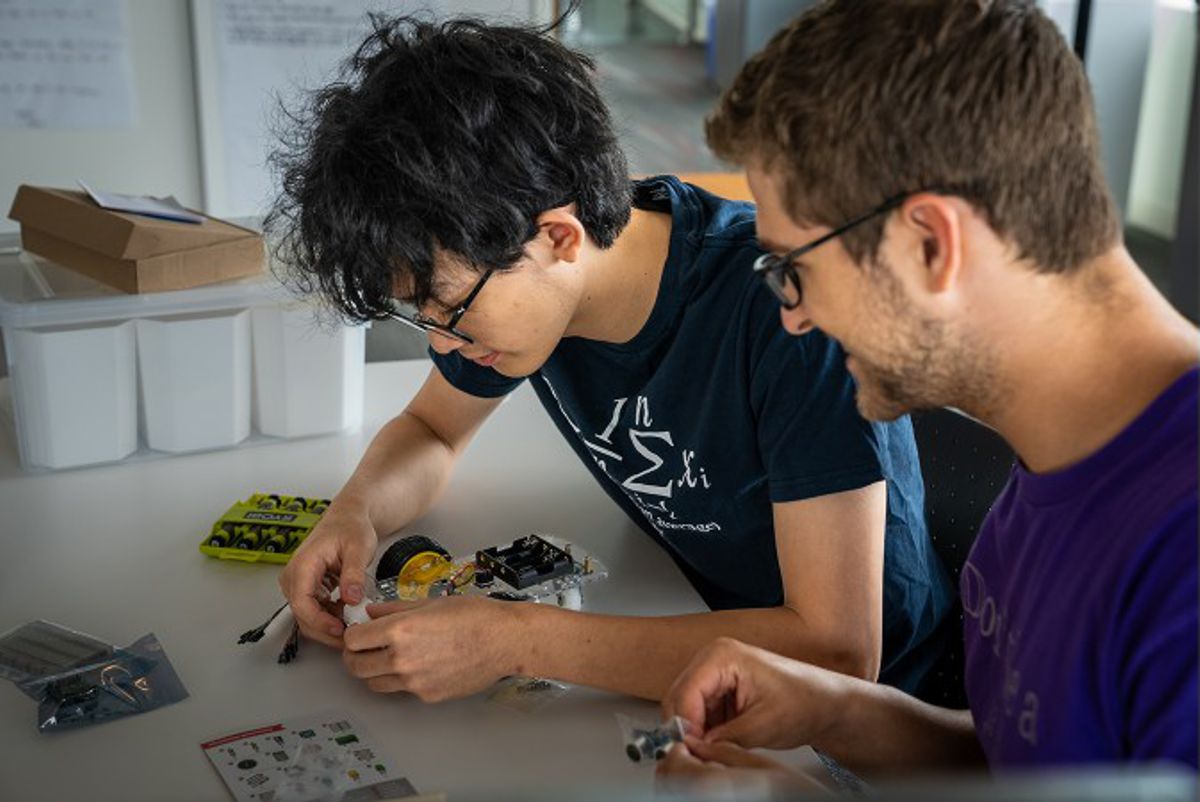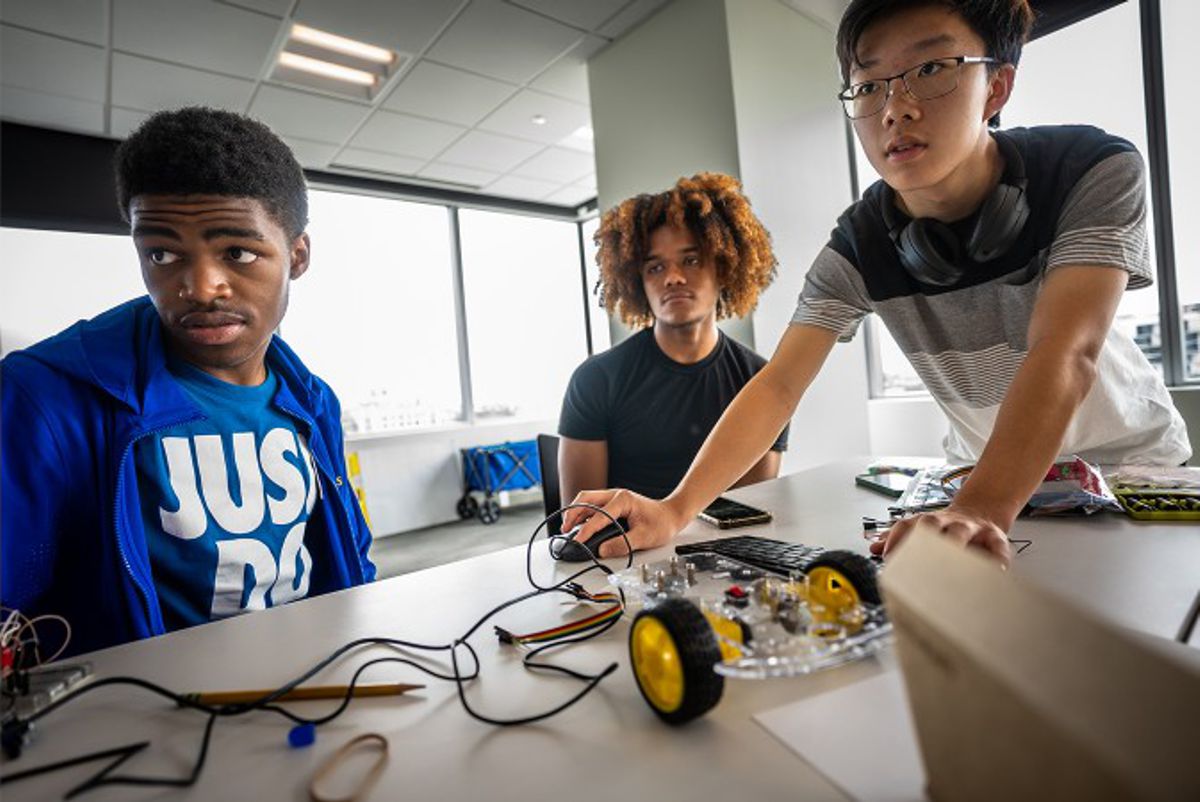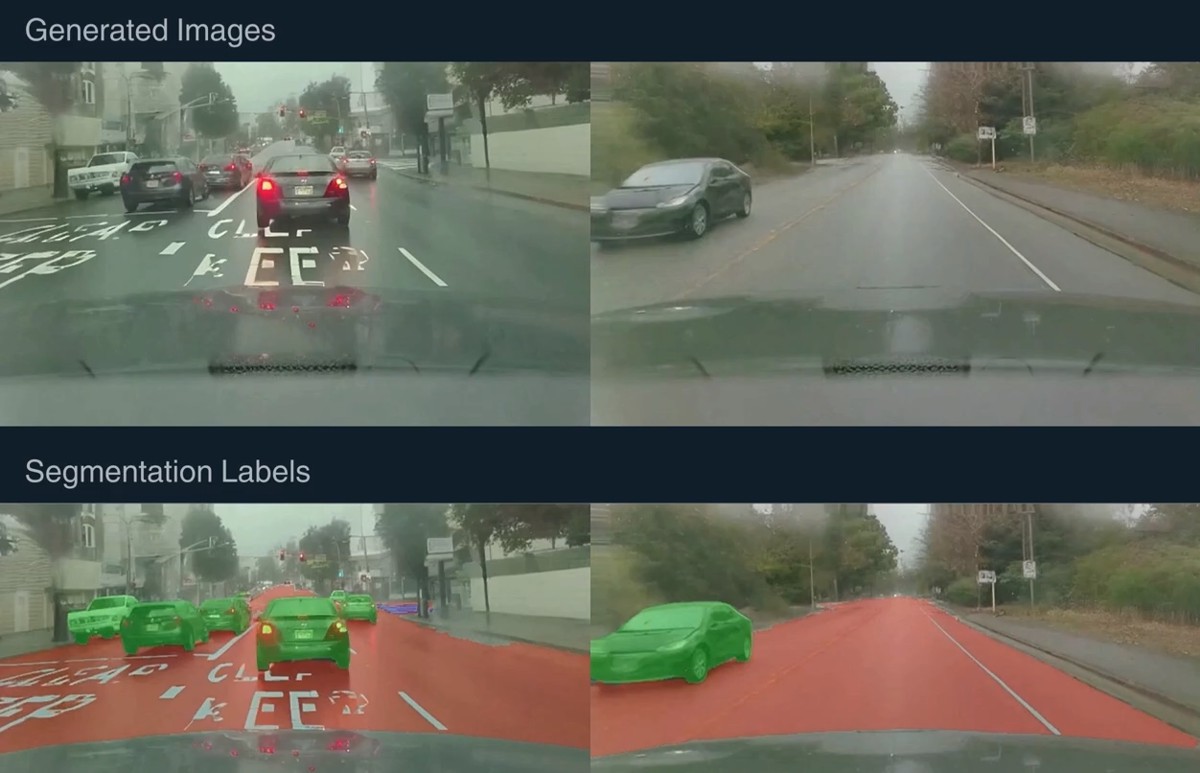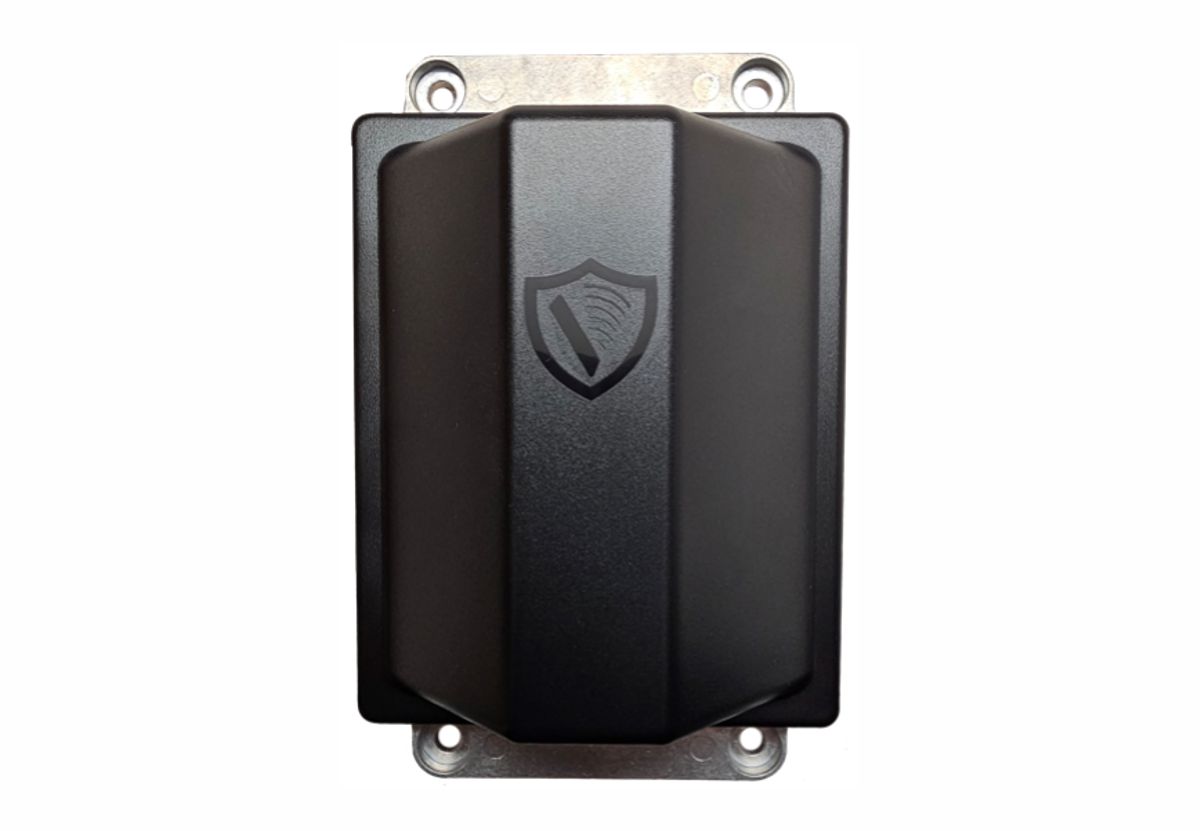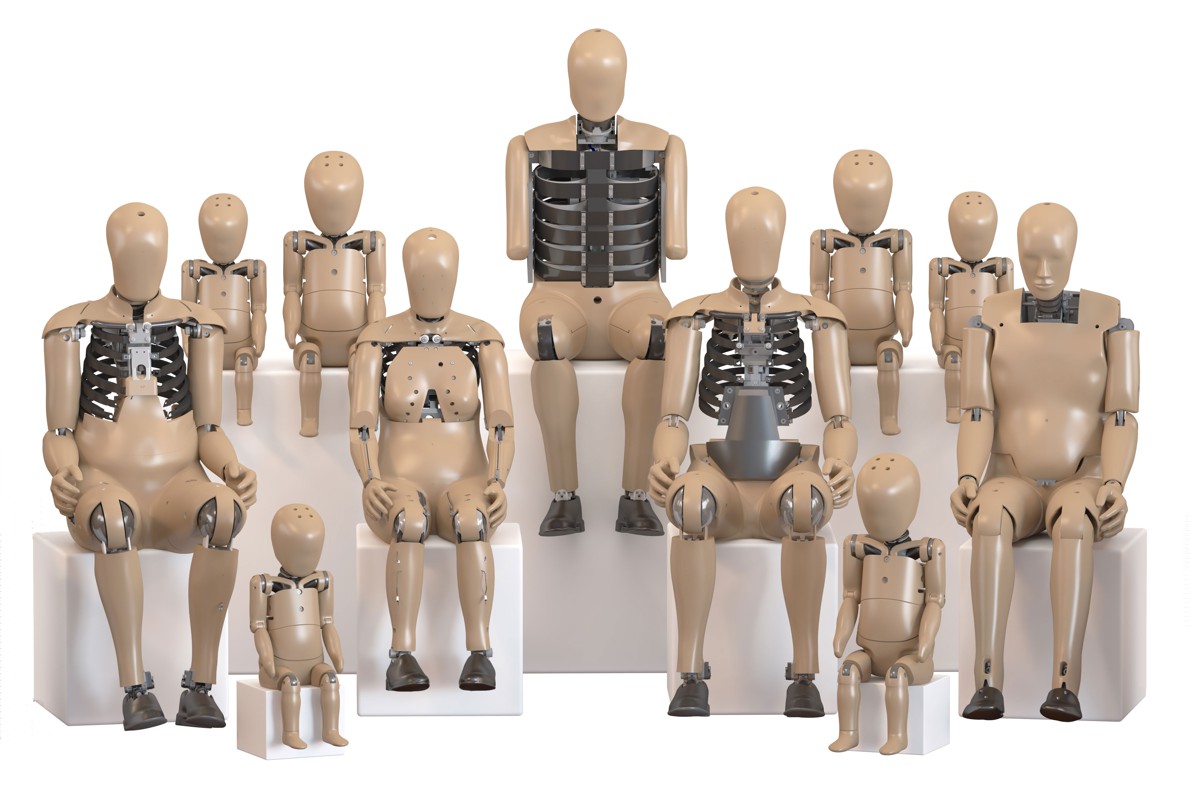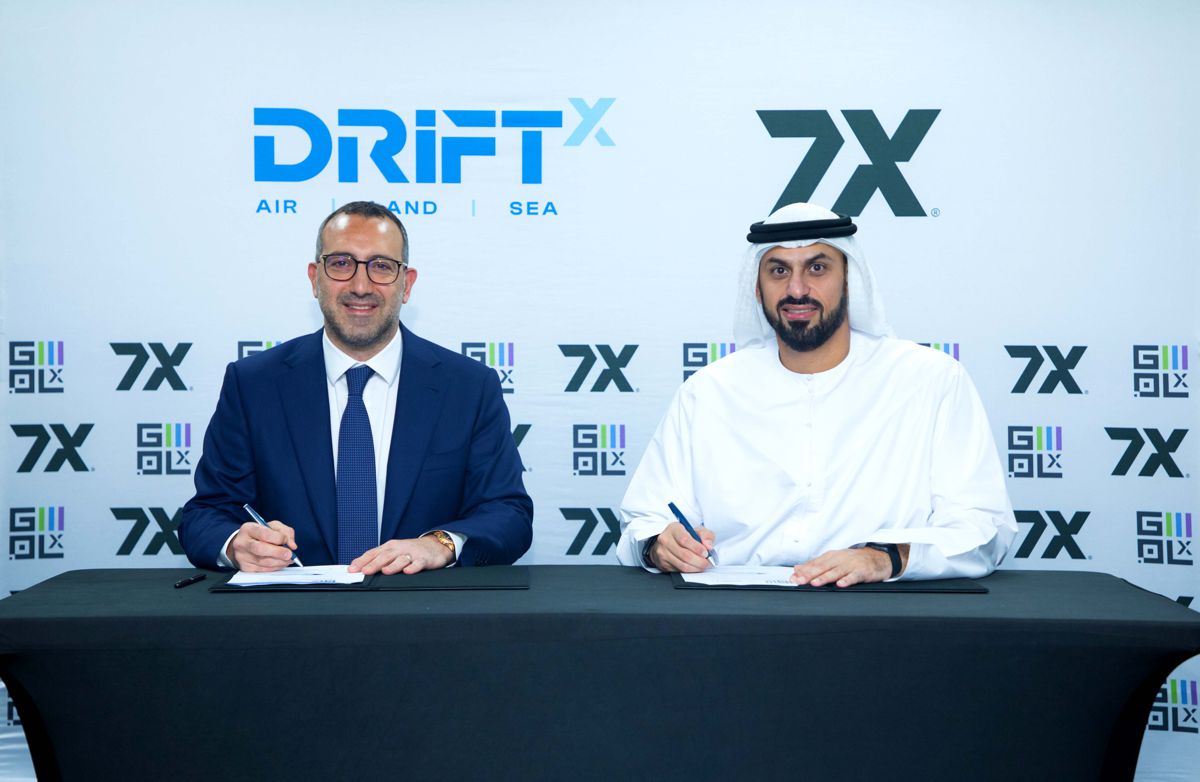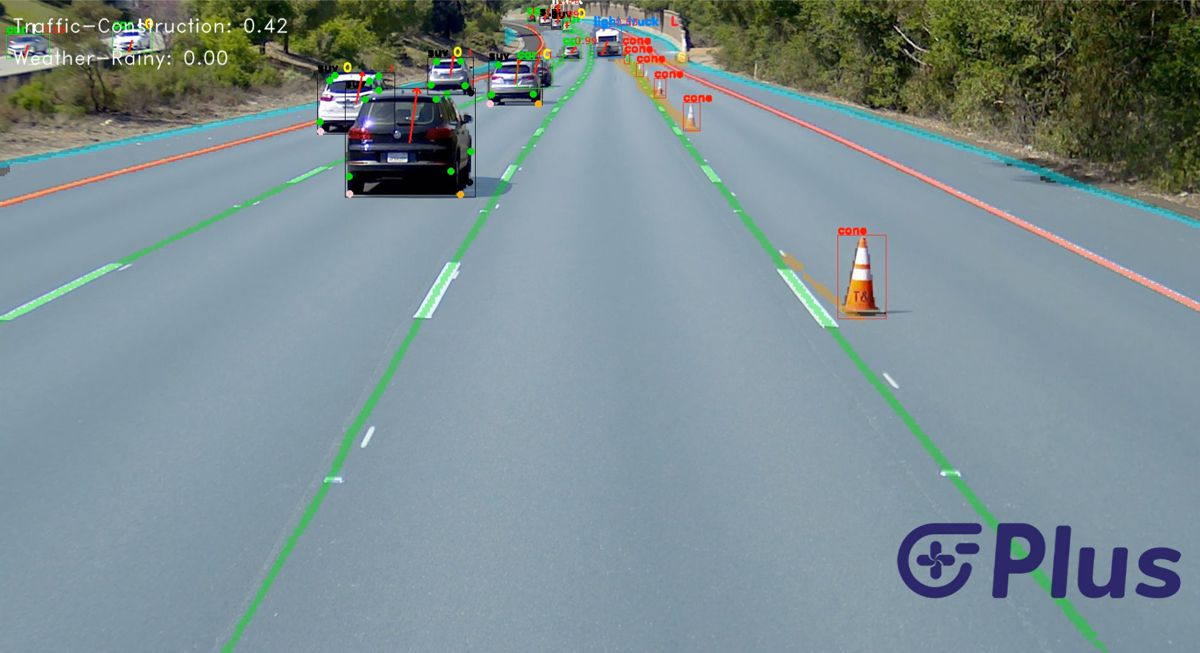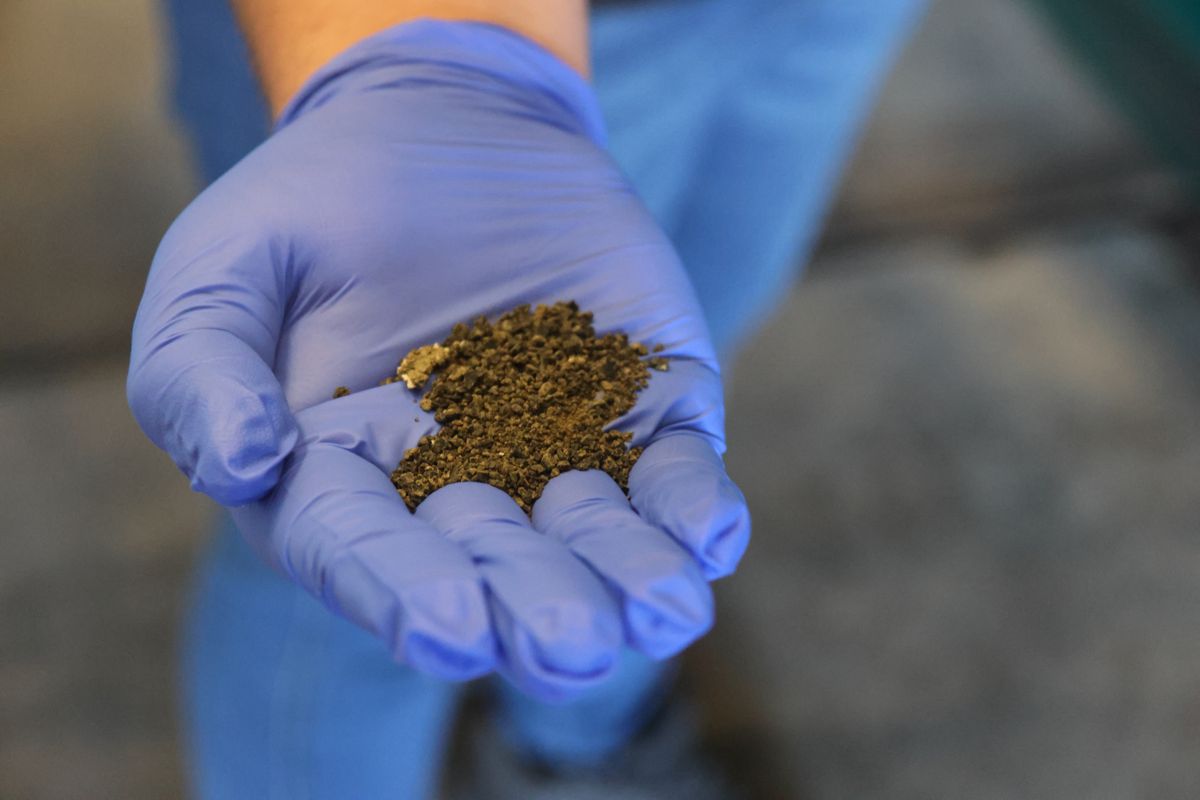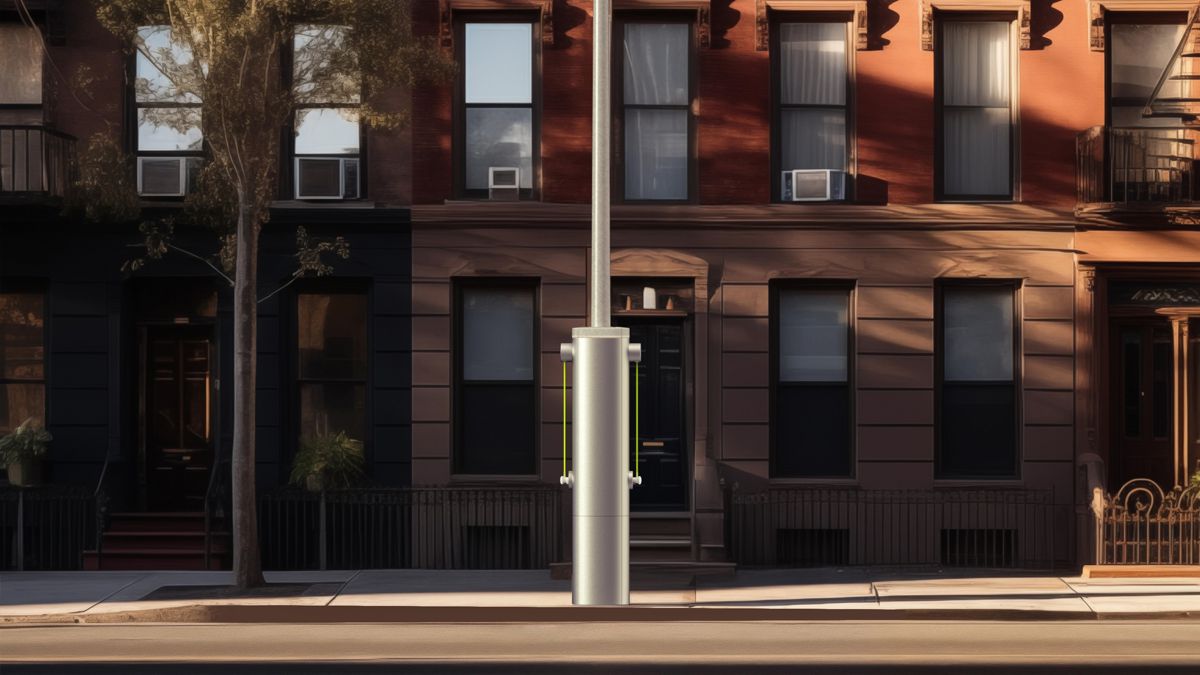Autonomous Vehicle Competition hosted at Autonomous Vehicle Camp
When high school students attend the annual Autonomous Vehicle (AV) Camp at the Chicago office of the Department of Energy’s Argonne National Laboratory, they have just a week to build a self-driving machine.
The actual building only lasts a day; the real work comes in the coding, which takes up most of the remaining camp. The final products serve as a testament to the coding, engineering and teamwork skills that the camp fosters in students. But if it took them just a week to build their machines, imagine what they could do in half a year. In fact, for many campers, that might be their next big project.
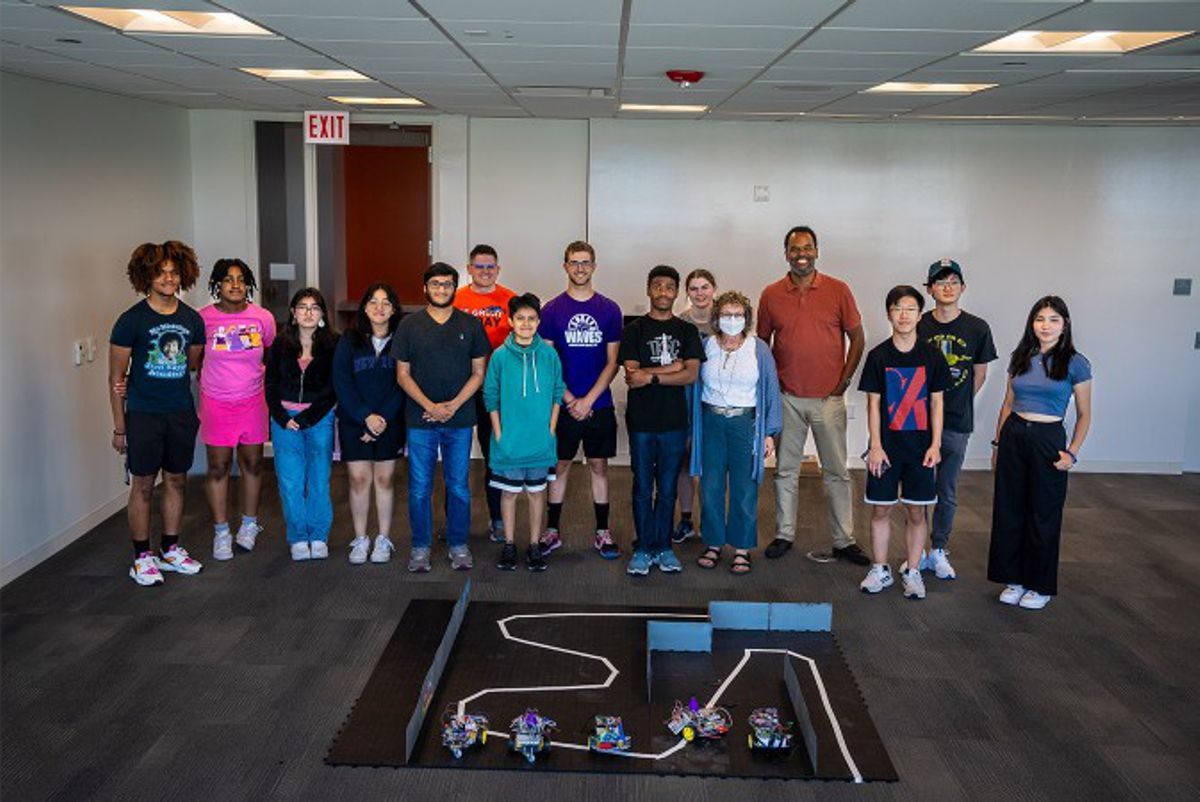
Part of the Argonne in Chicago initiative, the AV Camp offers a preview into the intense coding, design and engineering challenges found in Argonne’s annual Autonomous Vehicle Competition. Each year, high schools gather at Chicago’s Museum of Science & Industry with self-driving vehicles they built over the course of six months. Judged both on completing an obstacle course with their vehicle and on their planning and presentation of their design, teams build the professional skills found in real-life engineers. For students not yet ready to commit to a yearlong project like the Autonomous Vehicle Competition, the AV Camp offers a fun but still impactful alternative.
“I’ve really liked this camp,” said Emily Boyd, who has enjoyed many of Argonne’s summer programs in the past, from Learning Labs to outreach activities. “Getting to try and fail at something and try again — without feeling pressured about a grade in a class — was nice. I’ve also enjoyed getting to listen to the guest speakers, who are well-versed in their field and always willing to answer questions.”
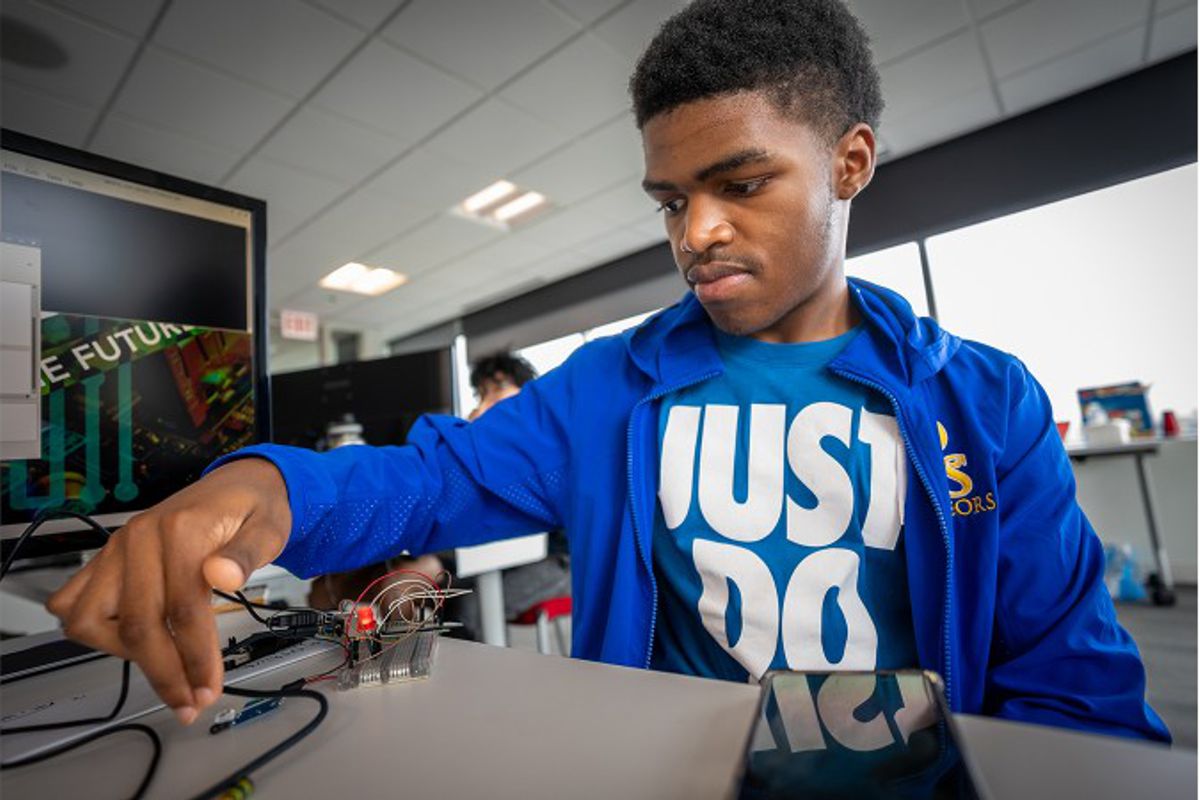
To help students discover how different science, technology, engineering and mathematics (STEM) skills and professions connect together, the AV Camp featured many speakers from across the lab.
“The daily guests have been my favorite part of the program,” said camper Malaysia Willis. “Every day, we’ve learned something new.”
“Working with people from various backgrounds in STEM teaches students how to collaborate and communicate with people at different levels,” said Sara Metwalli, a graduate student helping Argonne develop new educational content. “Educators and volunteers show students the many career options within STEM. Likewise, meeting other students who share the same passion for STEM can foster a sense of community and support, which is essential for them to succeed.”
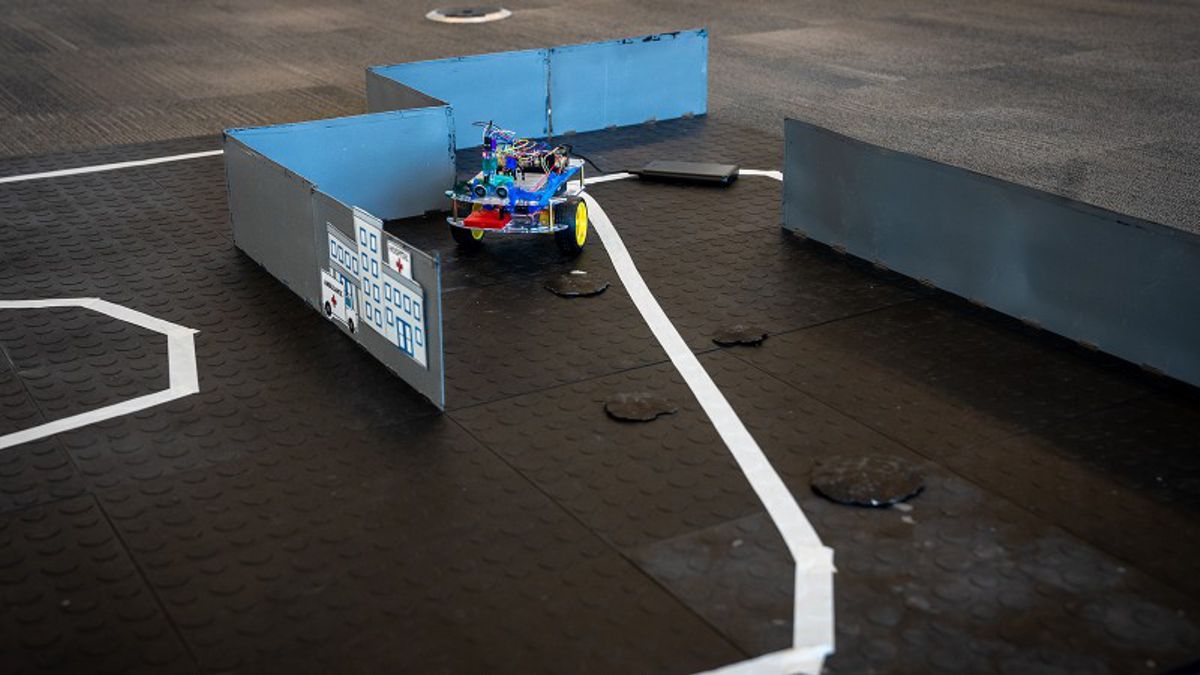
As they finished their projects for the camp, some of the students looked forward to going even farther with their designs by participating in the Autonomous Vehicle Competition. The camp and the competition use parallel curricula, and the skills they gained in the camp will prove essential in the competition.
“If we all work together, I feel that we can produce a much bigger end result than we already did here,” said camper Mason O’Shields. “For instance, I could take some of the infrared sensors that I’ve learned here, and craft them more tactically. With more people and more time, I could probably take this on at my school.”
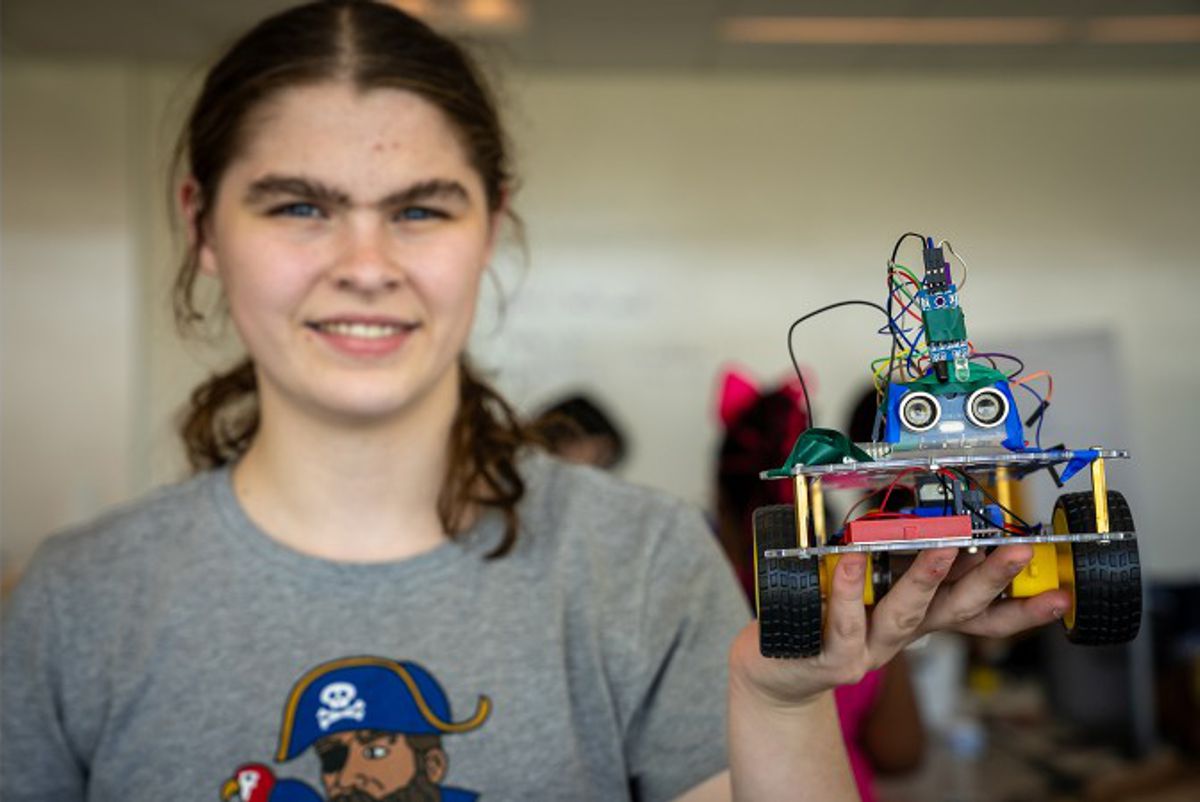
“At Argonne, we create multi-step pipelines for students to advance in STEM pathways,” said Brandon Pope, Argonne’s STEM education outreach coordinator. “We make every activity significant in its own right, but these various touchpoints combine for greater effect. Whether this is their sole interaction with Argonne, or the start or continuation of a long-lasting STEM journey with us, the AV Camp will make a positive impact on students’ perspectives towards coding, engineering and research.”
